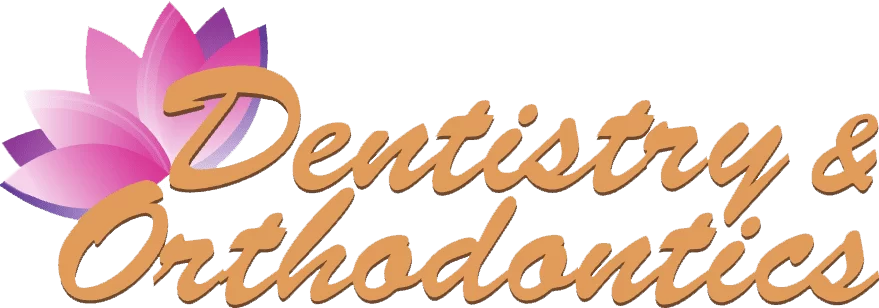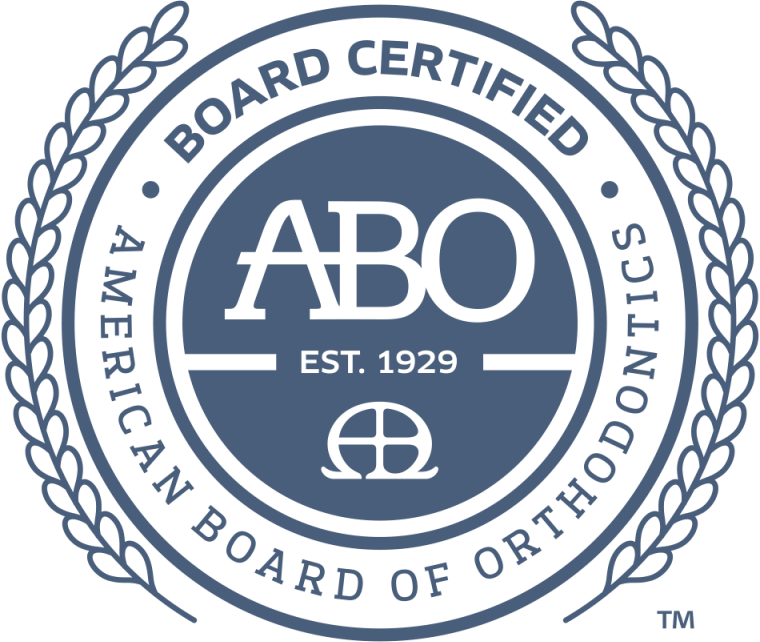Are you wondering what wisdom tooth extraction involves? Wisdom tooth extraction is a common dental procedure aimed at removing one or more of the four wisdom teeth located at the back corners of your mouth. It is typically performed to resolve issues like pain, infection, or crowding caused by these teeth.
Wisdom Tooth Extraction: Reasons to Keep Your Extracted Tooth
After a wisdom tooth extraction, many might wonder what to do with the extracted teeth. While it might seem straightforward to dispose of them, there are several reasons why some choose to keep these teeth. For instance, they can serve as a unique reminder of a significant dental milestone. Additionally, in the broader scope of dental studies and research, retained teeth can sometimes provide valuable insights into dental development and health.
Understanding the process of wisdom tooth extraction can help alleviate any anxieties about the procedure. For those curious about what entails a smooth and less discomforting experience, reading about Quick, Pain-Free Tooth Extractions: What to Expect might provide some peace of mind. Keeping the extracted teeth post-procedure is a personal choice and varies from one individual to another, depending on their perceptions and values regarding dental health and personal mementos.
Legal and Ethical Considerations
When undergoing wisdom tooth extraction, it is crucial to consider the legal and ethical aspects involved in such dental procedures. Legally, dentists must adhere to strict guidelines that ensure patient safety and consent. This includes providing comprehensive information about the procedure, potential risks, and expected outcomes, allowing patients to make informed decisions. Ethically, dental professionals are bound to uphold the principles of beneficence, non-maleficence, and patient autonomy, ensuring that all treatments administered are in the best interest of the patient and conducted with the utmost care.
For those considering wisdom tooth extraction, it is important to choose a reputable dental service that adheres to these legal and ethical standards. If you are in the Kennesaw area and exploring your options, consider visiting Local Kennesaw Tooth Extraction Options to ensure a safe and professional experience.
Storage Solutions for Extracted Teeth
When considering the handling of teeth after a wisdom tooth extraction, it’s important to understand the general practices involved in storing extracted teeth. Typically, the focus is on maintaining the integrity of the tooth for various reasons, which might include academic or medical analysis. The process usually adheres to specific health and safety standards to ensure that the storage does not compromise the tooth’s condition. Understanding these general storage solutions can provide insights into the care and attention given to extracted teeth post-procedure.
Potential Uses for Pulled Teeth
When a tooth is extracted, such as during a wisdom tooth extraction, it might seem like its usefulness ends there. However, extracted teeth can have several applications, particularly in educational settings. Dental schools often use real human teeth for study and training purposes, allowing students to gain hands-on experience in a controlled environment. Additionally, researchers might use pulled teeth to study the effects of various dental treatments and materials on human enamel and dentin in a more in-depth manner. These uses underscore the value of extracted teeth in advancing dental education and research.
For more information on dental procedures, visit Dentistry & Orthodontics at Kennesaw Point through this Kennesaw Dentist.
Handling and Cleaning Extracted Teeth
Historically, the practice of keeping extracted teeth, such as those from a wisdom tooth extraction, has varied widely across cultures and eras. In some traditions, these teeth were cherished as keepsakes or used in jewelry, symbolizing milestones in a person’s life or serving as protective amulets. Today, while most people may not keep their extracted teeth for personal or cultural reasons, understanding the proper handling and cleaning methods is crucial for those who choose to preserve these physical memories. Whether for sentimental reasons or educational purposes, ensuring that an extracted tooth is properly cleaned and stored can prevent decay and maintain its integrity over time.
Medical Research and Educational Benefits
Recent medical research highlights the significant benefits of wisdom tooth extraction, particularly in preventing potential dental complications such as overcrowding, misalignment, and infections. Educational programs in dental schools emphasize the importance of timely interventions, equipping future dentists with the necessary skills and knowledge to perform this procedure effectively. Studies show that early extractions can lead to quicker recovery times and fewer post-surgical complications, underscoring the importance of integrating current research findings into dental education curricula. This integration ensures that dental professionals are well-prepared to manage wisdom tooth extraction cases, ultimately enhancing patient outcomes.
Personal Sentiment and Memory Preservation
When considering wisdom tooth extraction, it’s not just about alleviating pain or preventing future dental issues; it’s also a moment that might hold personal sentiment. For many, the removal of wisdom teeth marks a significant life event, often associated with the transition into adulthood. Preserving this memory can be meaningful. Whether it’s keeping the extracted tooth as a keepsake or documenting the experience through photos or a journal entry, these tokens serve as a reminder of overcoming fears and embracing change. This personal milestone, marked by wisdom tooth extraction, can be a poignant reminder of personal growth and resilience.
Risks of Keeping Extracted Teeth
When considering wisdom tooth extraction, it’s crucial to understand the potential risks associated with keeping these teeth. Wisdom teeth, if not removed, can lead to several dental issues, including overcrowding, which affects tooth alignment and can complicate oral hygiene practices. Impacted wisdom teeth, which are unable to fully emerge, create pockets where bacteria can accumulate, leading to severe infections or cysts that can damage the jawbone and nerves. Additionally, retained wisdom teeth often contribute to tooth decay and gum disease because their hard-to-reach location makes them difficult to clean effectively. Therefore, timely wisdom tooth extraction is essential to prevent these complications and maintain overall oral health.
Alternatives to Keeping Your Teeth
When considering wisdom tooth extraction, it’s important to explore all available options. While removal is often recommended to prevent potential complications, some alternatives do exist. For those hesitant about surgery, monitoring the wisdom teeth with regular dental check-ups can be a viable approach, especially if they are not currently causing problems. Additionally, some dentists might suggest proactive dental hygiene practices or minor orthodontic treatments to manage the space and alignment issues caused by wisdom teeth. Discussing these alternatives with a dental professional can provide personalized insights and help you make an informed decision about whether to keep or remove your wisdom teeth.
Conclusion
For further inquiries on wisdom tooth extraction, please call us at 678-275-2066 or read our reviews on Google Maps.







